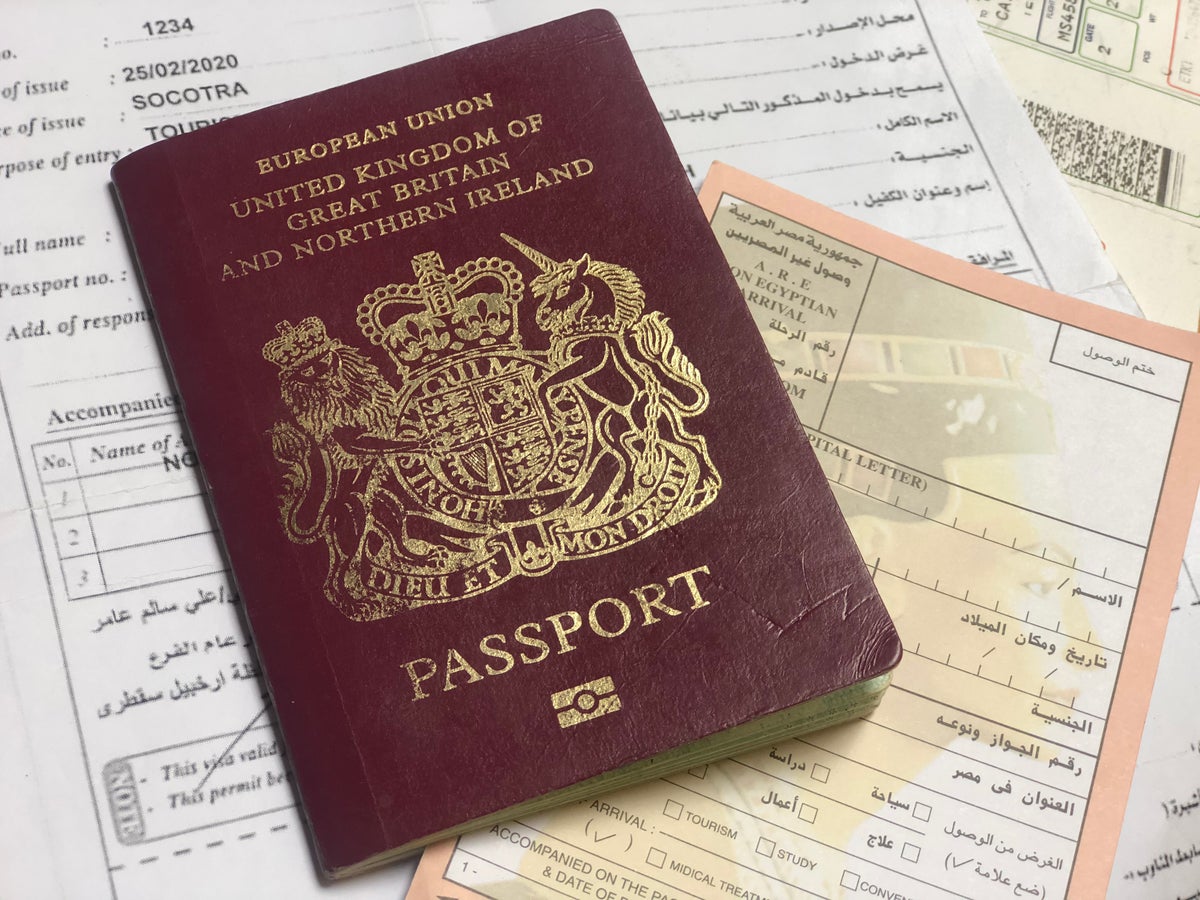
Before you read on, may I ask something of you? Please go and check the expiry date of your passport and those of your nearest and dearest.
If the document is looking long in the tooth (bearing in mind that some countries require at least six months before expiry to let you in), then now is a really good time to apply.
“Allow up to 10 weeks to receive your passport,” HM Passport Office says, absurdly. More on that in a moment. Most accounts suggest that straightforward renewals are taking two weeks right now. And one day the passport issuing process might return to the sunlit uplands of bureaucracy that prevailed five years ago. In February 2018 the immigration minister of the day, Caroline Nokes, told parliament: “We currently process 99.9 per cent of straightforward applications within three weeks.
“On average, customers making a non-priority application can expect their passport to be issued seven working days after the application is made.”
Even if your application spanned the Easter weekend, bracketed with a bank holiday at either end, putting in for a passport on a Monday should have produced a result by Thursday the following week. And only one in 1,000 straightforward applications took more than 21 days.
Today, the best HM Passport Office can brag is that only one in 20 applications takes more than 10 weeks.
Suddenly, in April 2021, the normal three-week processing time for a renewal or new passport was extended to 10 weeks. As The Independent had warned within a couple of months of the Covid pandemic beginning, travellers were rationally letting their passports expire – because for a fair amount of time going abroad was illegal and/or fraught with uncertainty. Once the brakes were off, there would inevitably be a surge of applications from people who had placed their international adventures on hold.
The utterly bizarre decision by the the government to misrepresent post-Brexit passport validity for Europe – wrongly claiming that any document issued more than nine years, nine months earlier might be rejected by the EU – accentuated the spike in applications.
As the National Audit Office report this week made clear, HM Passport Office (HMPO) set up a digital processing system that could not cope with the demand.
Passport, tickets, money: two of those are easier than ever thanks to the digital age. But digest this, if you will: “Between January and September 2022, limitations in the digital system meant HMPO had to move 134,000 applications to the less efficient, paper-based system.”
Yes, you might have done the right thing and applied online, only for your documentation to be printed out, shuffled about and moved back to square one.
The report says: “Weaknesses in HMPO’s management information meant staff could not tell when a case had moved from the digital to the manual system. Therefore, the system recorded the true age of some applications incorrectly.
“At the peak of the demand, this may have been up to four weeks more than the system was recording. This created confusion and frustration for customers who phoned for updates, when they were wrongly informed their applications were still within the 10-week application period.”
Unsurprisingly, the ensuing shambles saw calls to the passport advice line soar, and that system fell over too.
At the depths of the meltdown, I was advising people desperate to travel to contact their MPs. On behalf of distressed constituents, members of parliament collectively wrote around 2,000 letters a month to HM Passport Office in the first half of this year.
I read the report cover to cover so you didn’t have to. I hope the home secretary and her officials who preside over the travel documentation service pay attention too, and that we return to “99.9 per cent within three weeks” very soon. The damage caused to travel by Brexit is bad enough without the UK government making life even worse.







